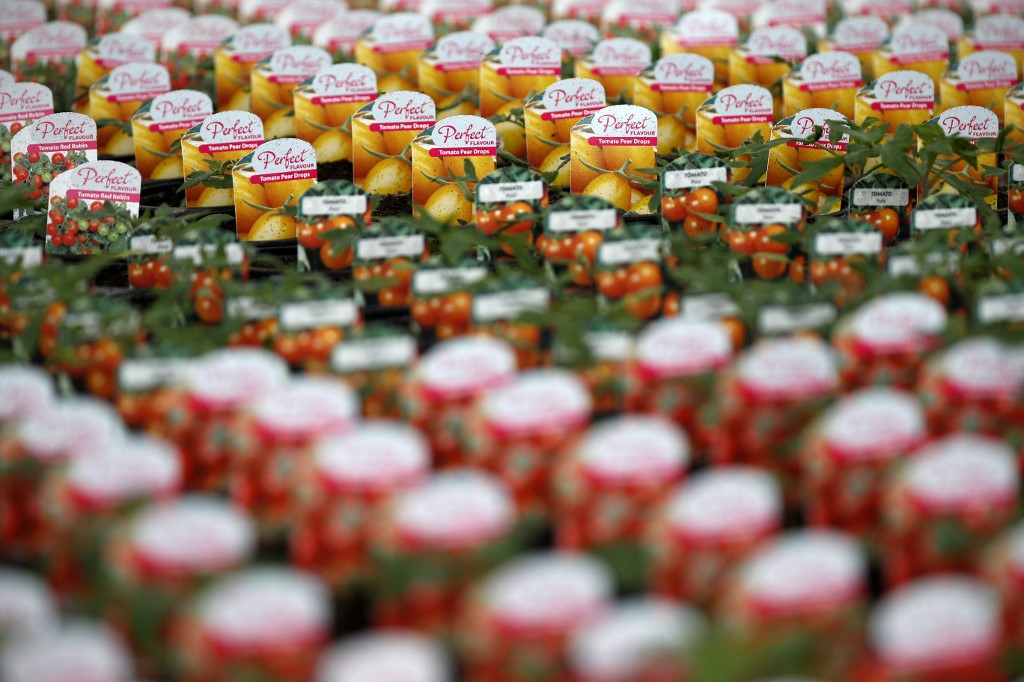
LONDON, United Kingdom (AFP) – The UK government announced plans on Wednesday to relax regulation of gene-edited crops, following the country’s departure from the European Union.
Under the changes, which will apply to England, the government has said it will “cut red tape and make research and development easier”, allowing gene-edited crops to be tested in the same way as naturally occurring new varieties.
The devolved governments of Scotland, Wales and Northern Ireland, which set their own agricultural policy, will make separate decisions on gene-edited foods.
Environment Secretary George Eustice said gene-editing was a tool allowing Britain “to tackle some of the biggest challenges that we face –- around food security, climate change and biodiversity loss”.
“Outside the EU, we are able to foster innovation to help grow plants that are stronger and more resilient to climate change,” he added.
Ministers have looked to use Britain’s definitive departure from the EU earlier this year to push ahead with the changes.
The bloc ruled in 2018 that gene-editing should be regulated in the same way as genetically modified (GM) products.
Gene-editing allows only simple variations to speed up the process of traditional breeding, while GM products can include the insertion of DNA from different species, including animals, to create alterations.
Earlier this month, Britain announced a review of EU-era legislation which included regulations on sectors ranging from technology, the motor industry and farming.

While it could take several years, the changes are set to pave the way for genetically edited foods to be sold on Britain’s supermarket shelves.
The rule changes will remove an expensive and time-consuming licence process for researchers despite 87 percent of responses to a government consultation on the issue expressing concern.
A government scientific adviser, Gideon Henderson, said gene-edited crops would “enable us to harness the richness of natural variation” to “improve the environment”.
However, Liz O’Neill, director of umbrella group GM Freeze, said the moves risked removing the “safety net of proper public protections” and replacing it with “a high-tech free-for-all”.
The government is planning a broader review of GM regulation in the longer term.
© Agence France-Presse








